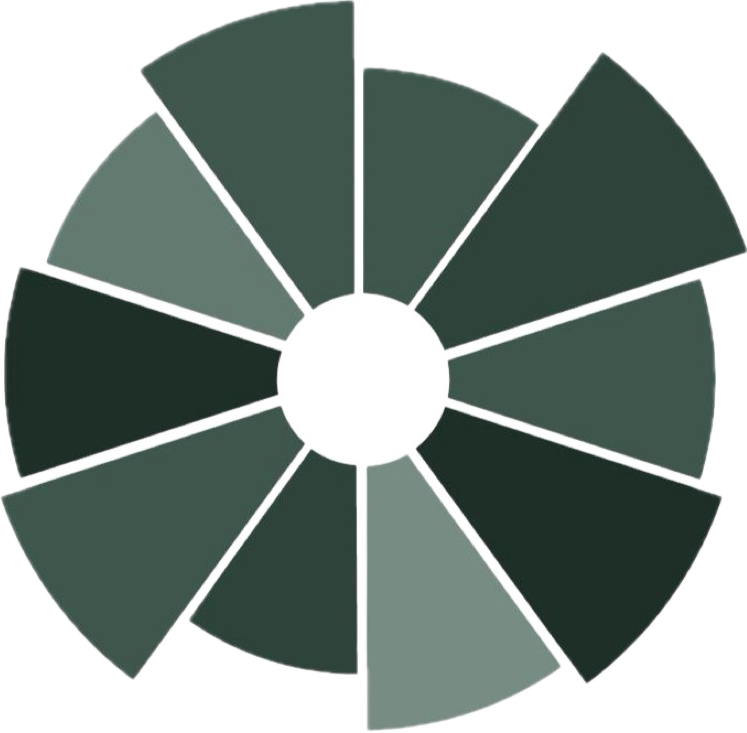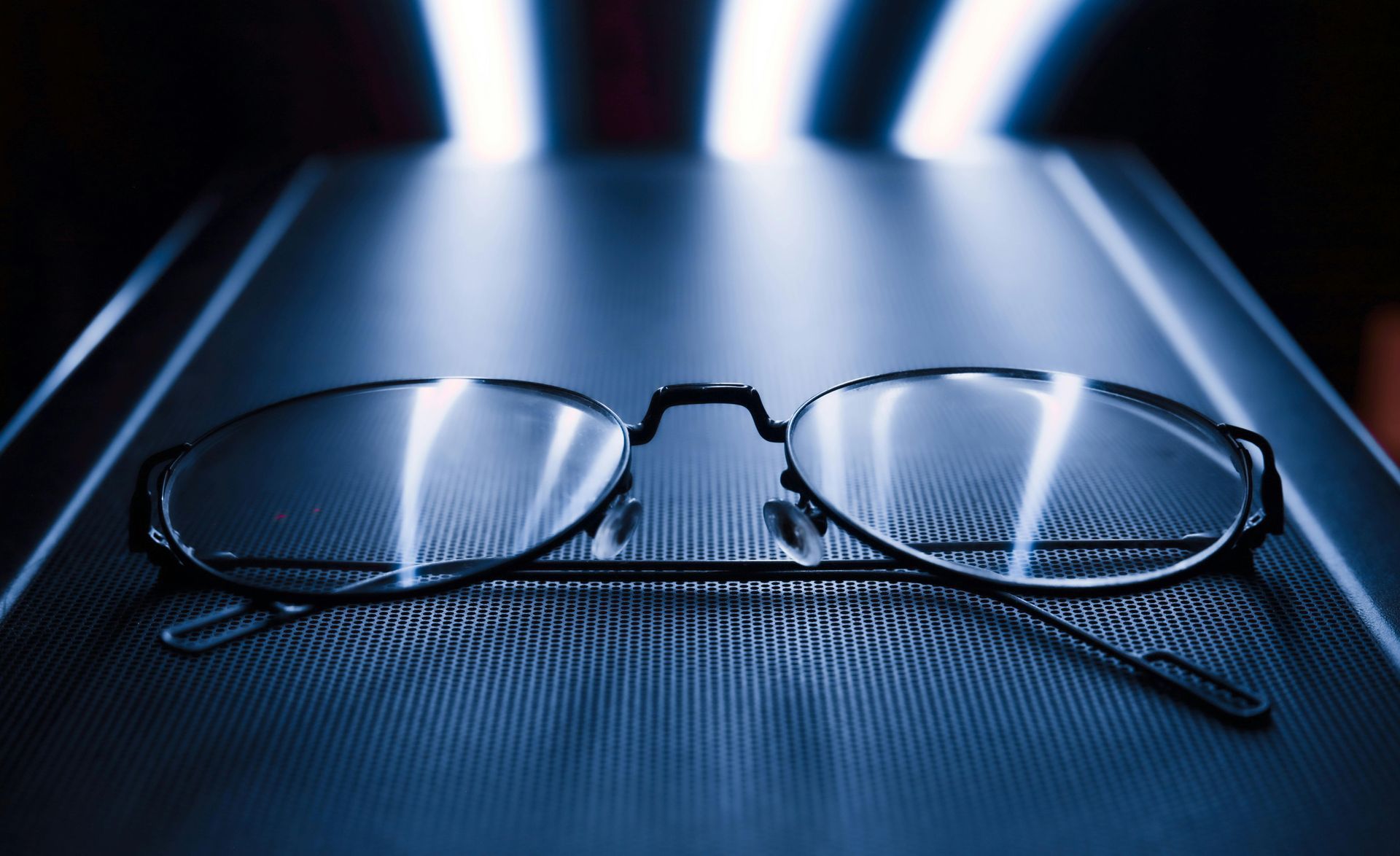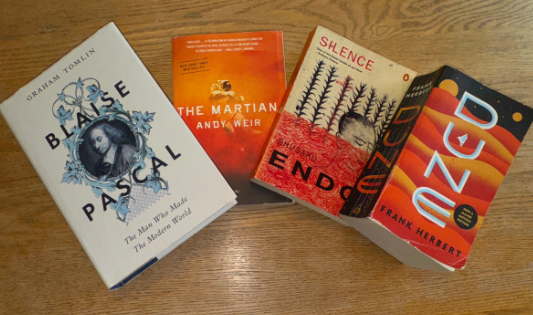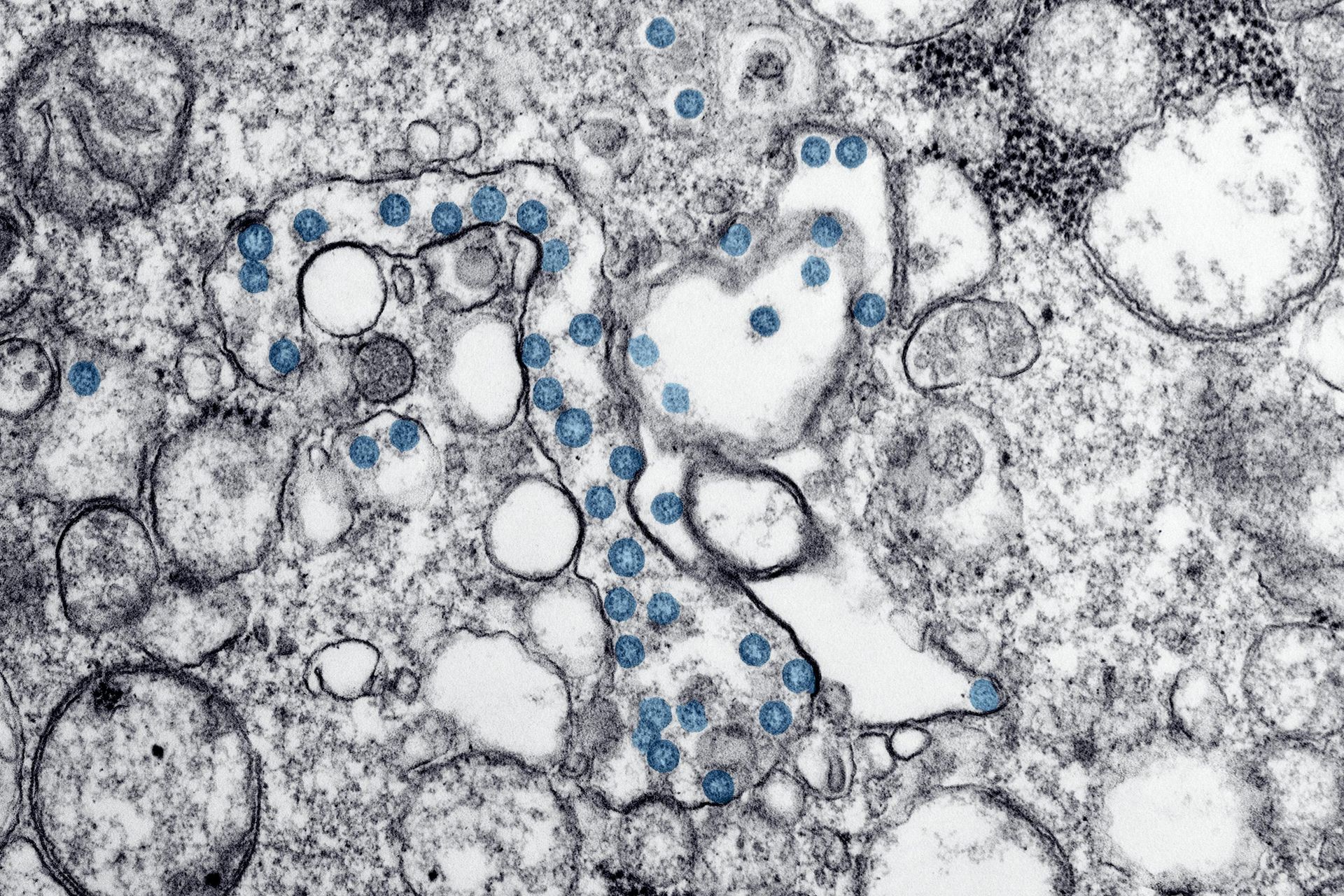Revisiting the Hippocratic Oath
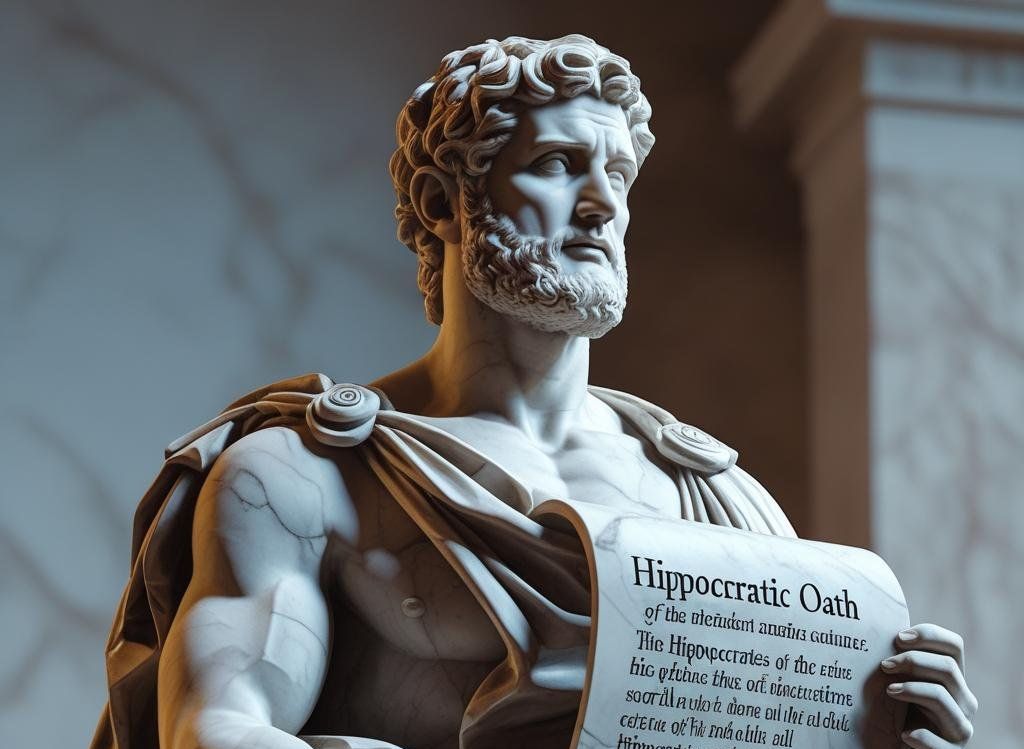
Blog vol 6.1. Revisiting the Hippocratic Oath
This Oath was written around 400 BC in ancient Greece by (surprise!) Hippocrates (though maybe not?), and has been the guide to medical ethics in the West much of the time since. Now in the year 2025, we would do well to re-familiarize ourselves with its timeless wisdom.
Whenever I think about the Oath, my mind goes immediately to the hot topics related to sanctity of life, like euthanasia or abortion. There is much more in the Hippocratic Oath (read here).
The part that impressed me most was the paragraphs on teaching and on the patient-doctor relationship.
Teaching
The Oath refers to medicine as an “art”. Medicine is not just bare facts or cold data, but is a skill set and an art form. Doctors work with human beings not bodies. Teaching this art form takes time, patience, and an overall commitment to the student and the patient.
Since 1991, after my residency year at the University of Waterloo, I have been actively involved in clinical and didactic teaching: first at Waterloo, then later at the Optometry School at University of Missouri, Saint Louis. On my return to Canada in 2002, I took over Dr. Watson’s practice with the idea of setting up a teaching clinic.
When we moved the practice to 3235 Fairview Street in 2012, the office design included space for a student. In 2019, we signed on with the Waterloo Optometry School’s 4th year rotation and have had a student intern ever since. Three students a year rotate into our clinic, one per semester, and see their own patients under supervision. We get the pleasure of walking alongside a new optometrist and the students get practical, real-life patient contact while able to consult with experienced doctors.
Textbook knowledge is not enough.
Confidentiality
When I took a closer look at this section of the oath, I was taken back by how prescient it is.
“Holding such things to be holy secrets,” means that the privacy of patient-doctor conversation is inviolable. How do we reconcile the use of AI scribes in medical exams with this privacy?
Interestingly, the Ontario Ministry of Health is assisting physicians to make use of an Artificial Intelligence (AI) scribe called “Heidi”, which promises to reduce paperwork, since it listens to the exam, puts it into electronic form, and dumps it into medical records. Even if the data stays in house, it has to change the patient-doctor relationship. This concerns me. Are we just so used to the ubiquitousness of being recorded that we do not think about it? What about privacy? The rapport I have with my patients and the confidence that they have in me cannot be recorded verbatim and should not be. That is the beauty of the exam, what is said there, stays there.
I love the conversations I have with my patients. No AI, means we can talk about whatever we like and no one ever needs to know;
Food for thought and practice,
The good doctor
